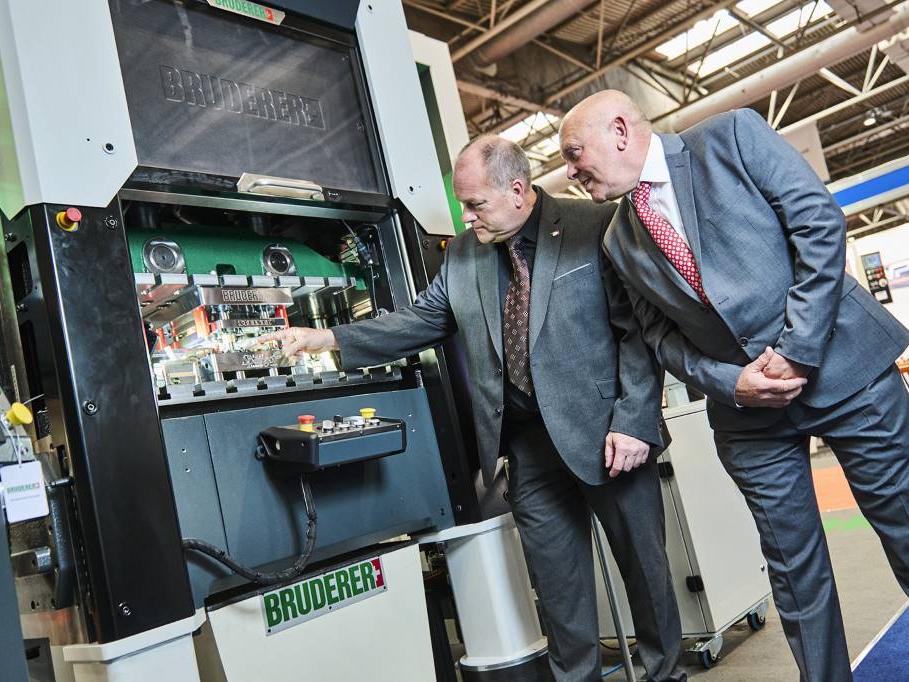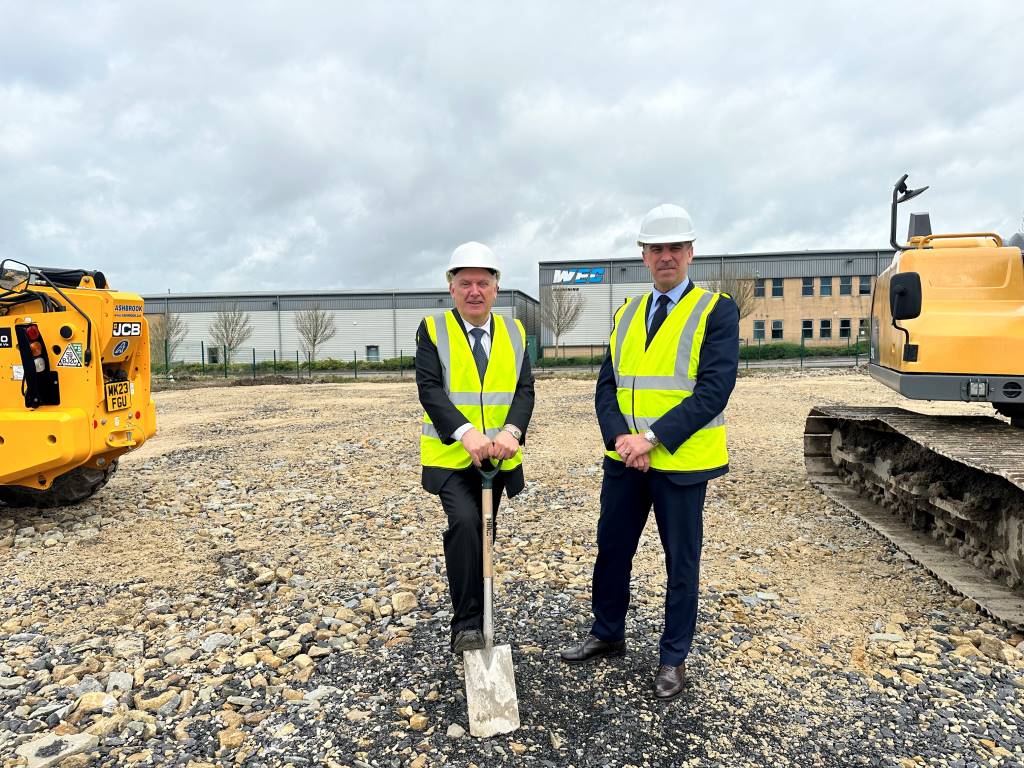How will the Internet of Things affect the manufacturing supply chain?

With the rise of Industry 4.0 and the Internet of Things, Subcon Laser Cutting looks at how it will affect the manufacturing supply chain in the UK.
With the rise of Industry 4.0 and the Internet of Things, Subcon Laser Cutting looks at how these transformations will affect the manufacturing supply chain in the UK.
Replacing or modifying analog technologies so that they can connect to the internet is popularly called the Internet of Things (IoT). However, IoT is often associated with household appliances, which have become popular in the last half-decade. Yet, since industry and manufacturing have been at the forefront of IoT, it has gained its own name: Industrial IoT (IIoT).
Worldwide spending on the Internet of Things (IoT) is forecast to reach $1.29 trillion in 2020, according to IDC. IIoT will no doubt revolutionise the UK manufacturing industry; however, one area it think it will be especially noticeable will be in supply chains and logistics.
Connecting to the IIoT
Almost every appliance within a supply chain can be adapted, modified or replaced in order to connect key processes together. Sensors and microchips are being used to monitor critical events in logistics ecosystems.
For example, GPS and radio frequency ID (RFID) technologies have been revolutionary in extracting morsels of information. GPS and RFID allow for tracking in progression through supply pipelines in real-time providing a range of benefits: firstly, with more information suppliers can react to manufacturer demands for product materials; secondly, manufacturers can automate ordering of new raw materials when stocks are low; thirdly, distributors can save fuel by planning shipping or lorry freighting by checking weather or traffic conditions; and fourthly, the customer can be given real-time data about where and when their package will arrive.
Using WiFi networks or mobile networks, devices are connected to each other and information is transferred between each device. This ‘connectivity’ between devices generates data, which can be amalgamated into central databases for supply chain stakeholders to utilise for its insights.
Using IIoT data
By connecting devices within supply chains, leaders in the field can tap into information which would otherwise be unavailable. Supply chains are inherently complex, with many actors handling different processes downstream or upstream of each other. The main benefit to supply chains will be in the end-to-end tracking of raw materials to product and then to consumer.
With data being gathered in real-time and in a central location, IIoT can be incredibly powerful. What makes it so powerful is that data is gathered from multiple sensors and various devices which give trend analysis more predictive power. Data centrality from multiple sources allows for confident action to be taken.
Data can be checked for seasonality or traffic trends so distribution fleets can become more efficient and reduce costs. Anomalies in typical patterns can also be detected early, so stakeholders can react with sufficient time to reach crucial deadlines. Importantly, when combined with cloud technologies, it allows for real-time monitoring of customer sales; detailed records mean accurate projections about market demand.

The benefits of IIoT
The digital transformation has given us unprecedented insight into UK manufacturing, but for logistics, accurate and real-time data is crucial. At the end of the day, IIoT provides vast volumes of data and it is the way in which this is utilised which can give any company the edge over its competitors.
With end-to-end visibility of how products are moved through the supply chain, issues are identified and solved easier. Problems in supply chains end up blocking through flow, and the faster they are dealt with, the faster normal procedures can restart. Moreover, automation makes supply chains flow quicker and more efficiently from start to finish, due to timely decision-making.
Customer satisfaction is important to maintain a ‘pull’ through the supply chain. If customers are satisfied that their products are delivered on time and undamaged, then company reputations remain intact. Customers are important for ‘pull’ processes through supply chains and if sufficient information about customer preferences and behaviour is available, then suppliers can react to changing market demands.
Lastly, storehouses are important nodes within networks for logistical transportation. Keeping the right inventory of each item in a warehouse reduces unnecessary transportation of goods. With the Internet of Things, stocks can be automatically monitored and integrated with customer demands in certain regions; hence, if you are a distributor in a certain region, then you’ll be able to store the optimum number of goods within your warehouse.
Overall, the IIoT is already revolutionising the manufacturing industry, with plenty more to offer. Optimising supply chains remains crucial for stakeholders to reduce costs and satisfy those companies upstream and downstream. The fourth industrial revolution is marching swiftly on, and with increasing numbers of interconnected devices and the ever-advancement of cloud technology, there are large gains yet to be made in UK manufacturing.
Subcon Laser Cutting www.subconlaser.co.uk














